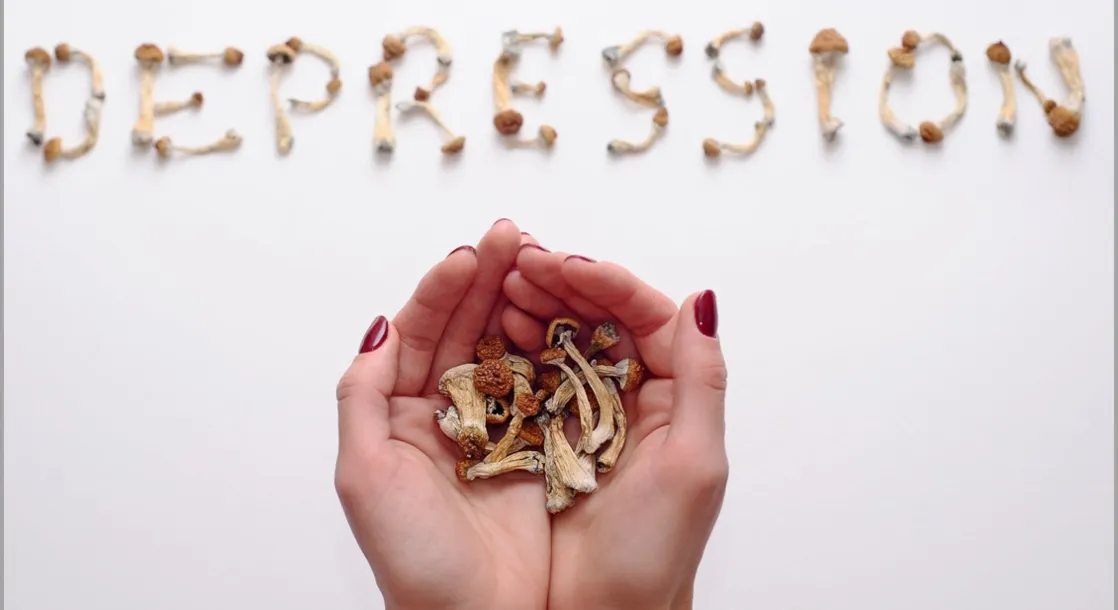
A single dose of psilocybin can rebuild neuronal connections that have been lost through depression
Picture over
According to a new study published in the journal Neuron, a single dose of psilocybin can help the brain make strong, lasting connections between neurons.
Dozens of clinical research studies have shown that psilocybin can treat depression more effectively than traditional antidepressants, but the scientific community is only just beginning to understand exactly how this natural compound works. To gain more insight into this phenomenon, Yale University researchers dosed psilocybin in mice and watched how it affected the frontal cortices of their brains.
After each mouse was injected with psilocybin, the researchers used a laser scanning microscope to follow the growth of dendritic spines, small protrusions on nerve cells that help transfer data between neurons. Previous studies have shown that people suffering from chronic stress and depression have fewer of these neural connections than healthy subjects.
Just 24 hours after the mice were injected with psilocybin, the researchers discovered that the size and number of dendritic spines in the subjects’ frontal cortices had increased significantly. The researchers continued to monitor the mice after the initial dose and found that these improvements were still fully effective a month later, suggesting that a single dose of mushrooms can produce long-lasting improvements in neuronal connectivity.
“Not only did we see a 10% increase in the number of neural connections, but they were 10% larger on average, so the connections were also stronger,” said lead author Alex Kwan, associate professor of psychiatry and neuroscience at Yale. “It was a real surprise to see such permanent changes with just one dose of psilocybin. These new connections can be the structural changes that the brain uses to store new experiences. “
Kwan believes that these structural connections could help reverse the neurological deficits associated with depression and make it easier for the brain to code new knowledge. This “psilocybin-induced neural plasticity could prepare the brain to integrate new psychological experiences,” the authors of the study explain, according to IFLScience.
Other researchers have also discovered an important link between neuroplasticity and depression. A study published in the Journal of Contextual Behavioral Science last year found that psychedelic experiences can lead to increased psychological flexibility, which in turn can help people learn to deal with and reduce depression or anxiety. Scientists have also found that DMT and other psychedelics can boost neurogenesis in the brain.
In the present study, Kwan and his team also observed that the mice had increased levels of excitatory neurotransmission after administration of psilocybin. This increase in neural communication suggests that psilocybin could reverse neural deficits associated with depression. The study authors also found that mice were better able to cope with stress after receiving a dose of psilocybin.
Previous research has shown that the psychedelic experience itself is essential to the healing effects of psychedelics, but this study suggests the opposite. Some of the mice in the study were given ketanserin, a compound that prevents psilocybin from developing its psychedelic effects. The researchers observed that these mice did not appear to trip after the dose, but they experienced the same positive neural effects as the mice that were not given ketanserin.
These results suggest that psilocybin’s antidepressant effects may not be related to its psychedelic properties. Some new research is now pointing to the prospect that psychedelically derived antidepressants can become a reality without trips. Last year, the Defense Advanced Research Project Agency (DARPA), a secret government agency that develops biotechnology for the U.S. military, gave the University of North Carolina School of Medicine $ 27 million to develop trip-free psychedelic substances.

Post a comment: